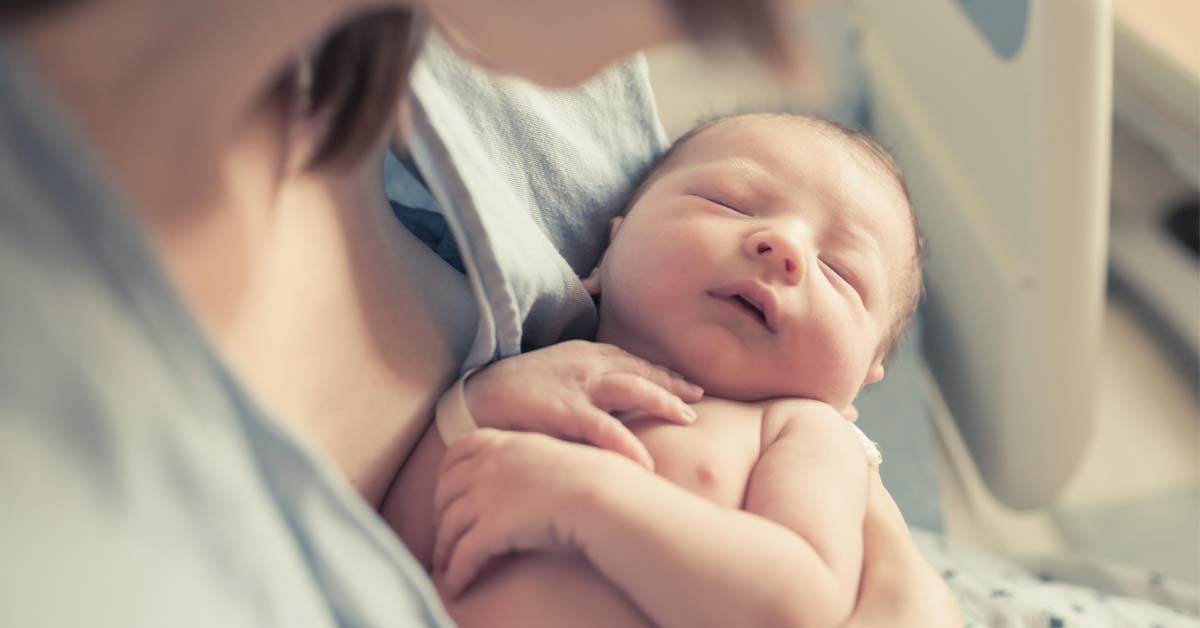The novel coronavirus (COVID-19) is on our minds every day. We have all had changes in our lives and routines. Older people and people with chronic medical issues are at high risk. We are quarantining and shutting down to protect them, but what about children? This is an especially important question for newborns.
We know that children are much less affected by COVID than adults. In a study from China in the New England Journal, only 121 children were affected. Of those affected, only three required an ICU stay. We have learned that children less than 12 months old are the most likely to be affected.
We recommend social distancing. Children younger than one year old are more likely to have symptoms or complications.
Can people visit my new baby?
A new baby is an exciting time for families, and everyone loves to hold a new baby. Having more visitors than usual can place your child at a higher risk of exposure to the virus. You should avoid people that have had a cough or fever within the last two weeks.
Can I travel with my child?
We recommend not taking your newborn in public until their first vaccines. Your child will receive their first vaccines at six to eight weeks old. It is more important than ever to stay at home. We do not have a vaccine for COVID yet. We continue to recommend avoiding large gatherings such as the grocery store.
Are there long term effects of COVID infection?
We do not know yet. This is a very new disease, and we are unsure of any long term effects.
What does having COVID mean for my fetus and delivery?
We do not know of any long term issues with babies yet. We have not seen cases where the virus can routinely cross the placenta. The biggest change is how delivery and the hospital looks. If you have COVID when you give birth, we recommend the baby staying in the nursery, not in your room, to prevent infection.
Can I breastfeed if I have COVID?
We have not found coronavirus in breastmilk. Breastmilk is still the best source of nutrition for newborns. We would prefer to feed newborns expressed or pumped breastmilk. If you want to nurse, you must use protective equipment including a mask.

